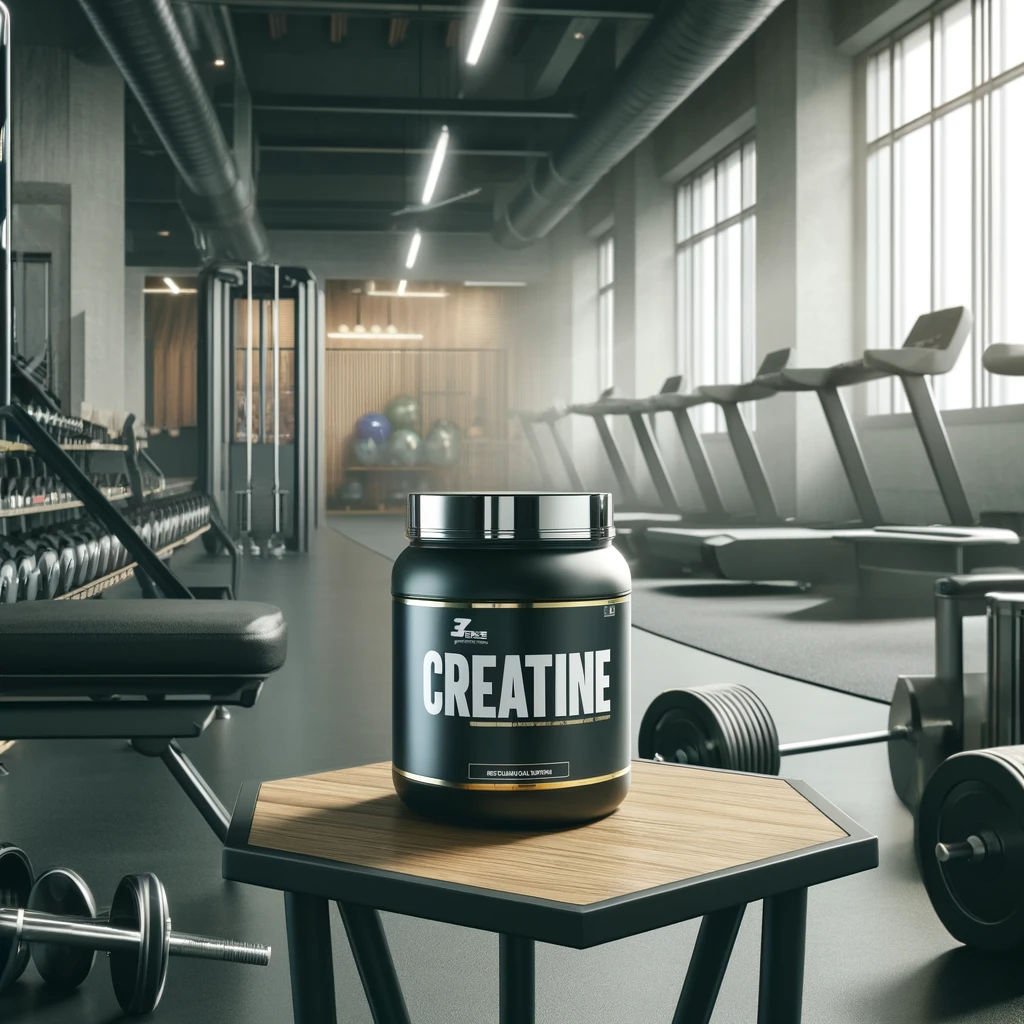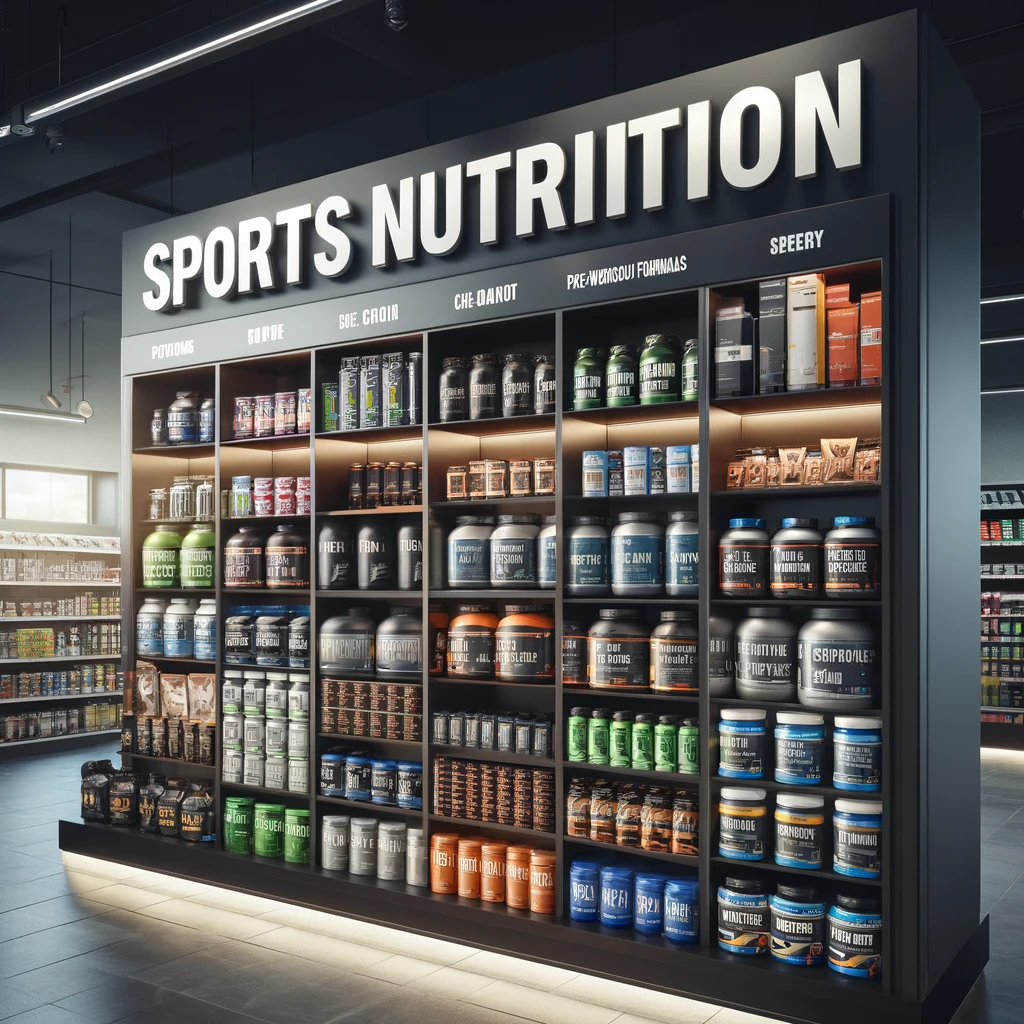As you begin your fitness journey, you may find yourself surrounded by discussions and promotions of various dietary supplements in sports, with creatine often at the forefront. These conversations are especially prevalent on social media, where fitness influencers may present these supplements as essential tools for achieving remarkable results. For a beginner, it’s crucial to sift through the hype and gain a clear and accurate understanding of what supplements like creatine are, how they function, and when or if they are truly necessary. Today, we’ll demystify one of the most popular and well-researched supplements—creatine—helping you decide if it’s right for your fitness regimen.
Supplements in Sports explained
In the context of sports and fitness, supplements are products used to enhance athletic performance, support recovery, and ensure adequate nutrient intake. These can range from vitamins and minerals to protein powders and specialized substances like creatine. They come in various forms like tablets, capsules, powders, and liquids.
Do Beginners Need Supplements?
The short answer: not necessarily. For most beginners, a balanced diet tailored to your new level of activity is usually enough to support your fitness goals. Supplements are not magic solutions; they are best used to fill specific nutrient gaps or meet needs that arise from intense training that your regular diet might not suffice for.
A Closer Look at Creatine for Beginners
Creatine is one of the most studied supplements in the sports world. It’s a substance naturally found in muscle cells, helping your muscles produce energy during heavy lifting or high-intensity exercise. Here’s what you need to know about it:

How Creatine Works
Creatine increases the stores of phosphocreatine in your muscles. Phosphocreatine aids the formation of ATP, the key molecule your cells use for energy. By boosting phosphocreatine stores, you can increase your capacity to produce energy, particularly during brief, intense activities like sprinting or weight lifting.
Benefits of Creatine
Research consistently shows that creatine improves strength, explosive power, and muscle mass. It can also help with recovery by reducing muscle damage and inflammation. It’s popular among athletes in sports that require bursts of speed and strength, such as sprinters, weightlifters, and football players.
Should Beginners Use Creatine?
For a beginner whose training intensity doesn’t demand maximal bursts of speed and power, the immediate benefits of creatine might be limited. Here are a few considerations:
- Dietary sufficiency: If you’re already eating a diet rich in meats and fish, you might naturally be consuming about 1-2 grams of creatine per day, which is enough for general health.
- Training intensity: Beginners are unlikely to be performing at an intensity or volume that would require creatine supplementation. The initial focus should be on mastering technique and gradually increasing workout intensity.
- Potential benefits: Although not necessary, if a beginner is interested in trying creatine, there is no harm in doing so under proper guidance. It can support more intense training sessions and contribute to faster progression.
Things to Consider Before Starting Supplements
- Consult a professional: Always consult with a healthcare provider or a nutritionist before starting any supplement regimen.
- Quality and safety: Choose high-quality products from reputable brands. Supplements are not strictly regulated like pharmaceuticals, which means their quality can vary.
- Long-term approach: Supplements should complement your diet, not replace it. Focus on developing a solid nutritional base and consistent training regimen.
Supplements like creatine can offer benefits for certain types of athletes, but they are not essential for everyone, especially beginners. The best approach is to focus on a nutrient-rich diet and a consistent training program tailored to your fitness goals. As you progress and your training demands increase, you can reassess whether supplements should play a role in your regimen.
As a beginner, remember that there are no shortcuts to success in fitness. Consistency, patience, and hard work are your best supplements.
